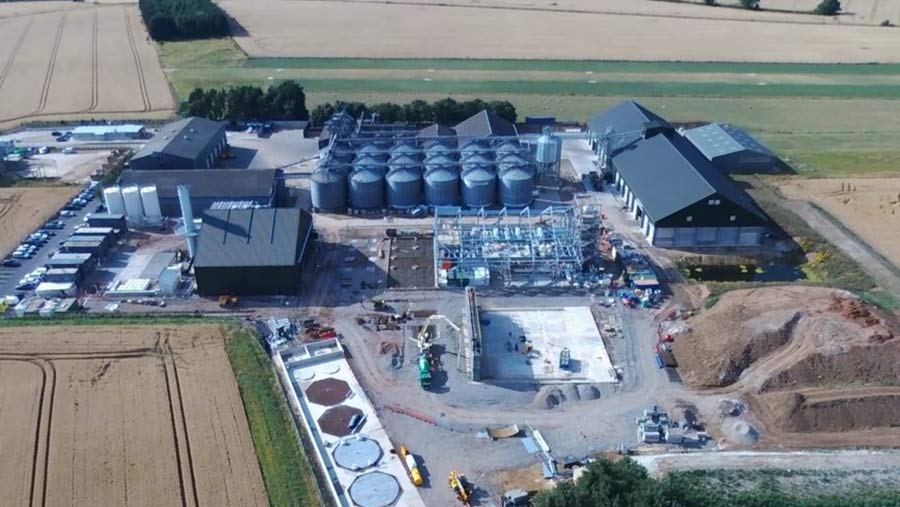Prices set to increase rapeseed area for 2018
 © Camgrain
© Camgrain The UK is likely to see a larger UK rapeseed area for 2018, incentivised by strong global prices.
A tighter rapeseed market relative to soya beans is helping rapeseed build a price premium over soya beans, said senior analyst Amandeep Purewal at the AHDB’s Grain Market Outlook event this week.
This was clearly not a one-year blip, she said, but added that the sheer weight of global soya bean supplies would provide a cap to how high rapeseed prices could climb.
See also: Farmers trade blows over Brexit effect
In addition, China’s role in helping to mop up global soya bean supply may be restricted this season, while issues with the South American soya bean crop had the potential to lift prices for all oilseeds.
“There’s a comfortable stocks cushion this season, but it could be depleted quickly if there’s a problem,” said Ms Purewal.
Biofuel effect
EU biodiesel policy and the uncertainty surrounding it had the potential to affect the all-important UK rapeseed export market just as much as Brexit, she warned.
The EU Commission is planning to halve the amount of crop-based biofuels used in transport between 2020 and 2030.
However, no official mandate is in place post-2020 and the potential change may not be as drastic as the policy suggested, she said.
The current share of the 10% target for food crop based biofuels is 7%, while the proposal is to gradually reduce this to 3.8% by 2030, with the proportion of advanced fuels (for example, renewable electricity, biofuels made from used cooking oil, certain animal fats, straw and molasses) is set to increase from 1.5% to 6.8%.
While rapeseed will be exempt from any potential WTO tariff rates following Brexit, tariffs on the oil could have indirect consequences, plus non-tariff barriers could provide challenges, warned Ms Purewal.
The UK is a net importer of rapeseed meal, on which there is no tariff, unlike soyameal, which carries a tarriff. Post-Brexit trade arrangements could incentivise an increase in home-grown proteins.
